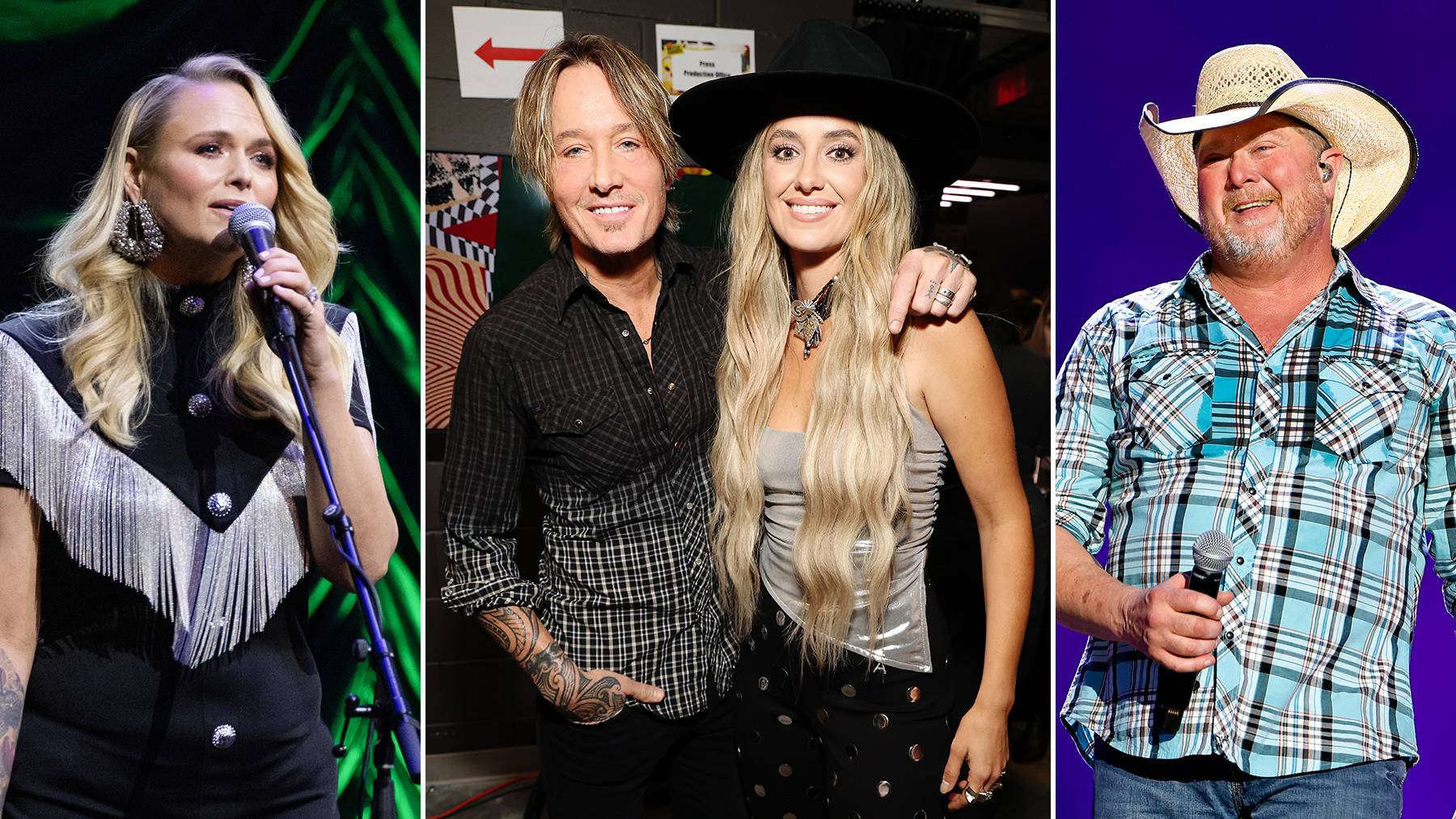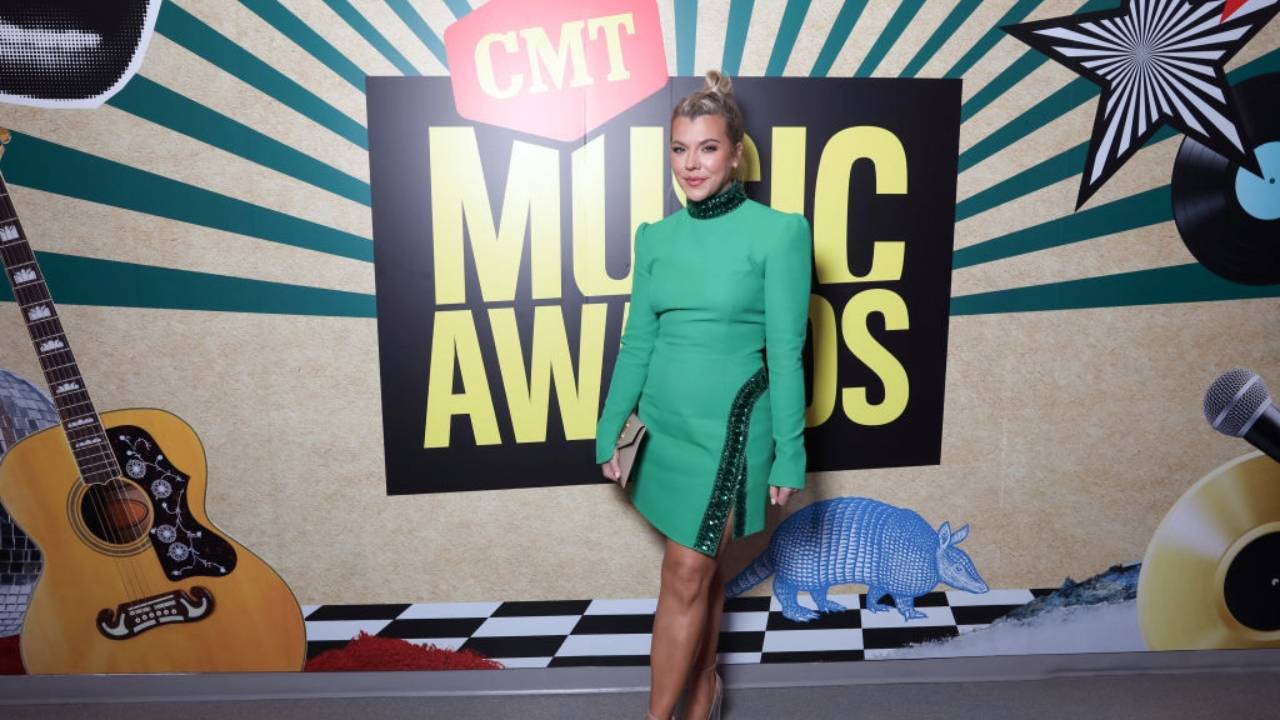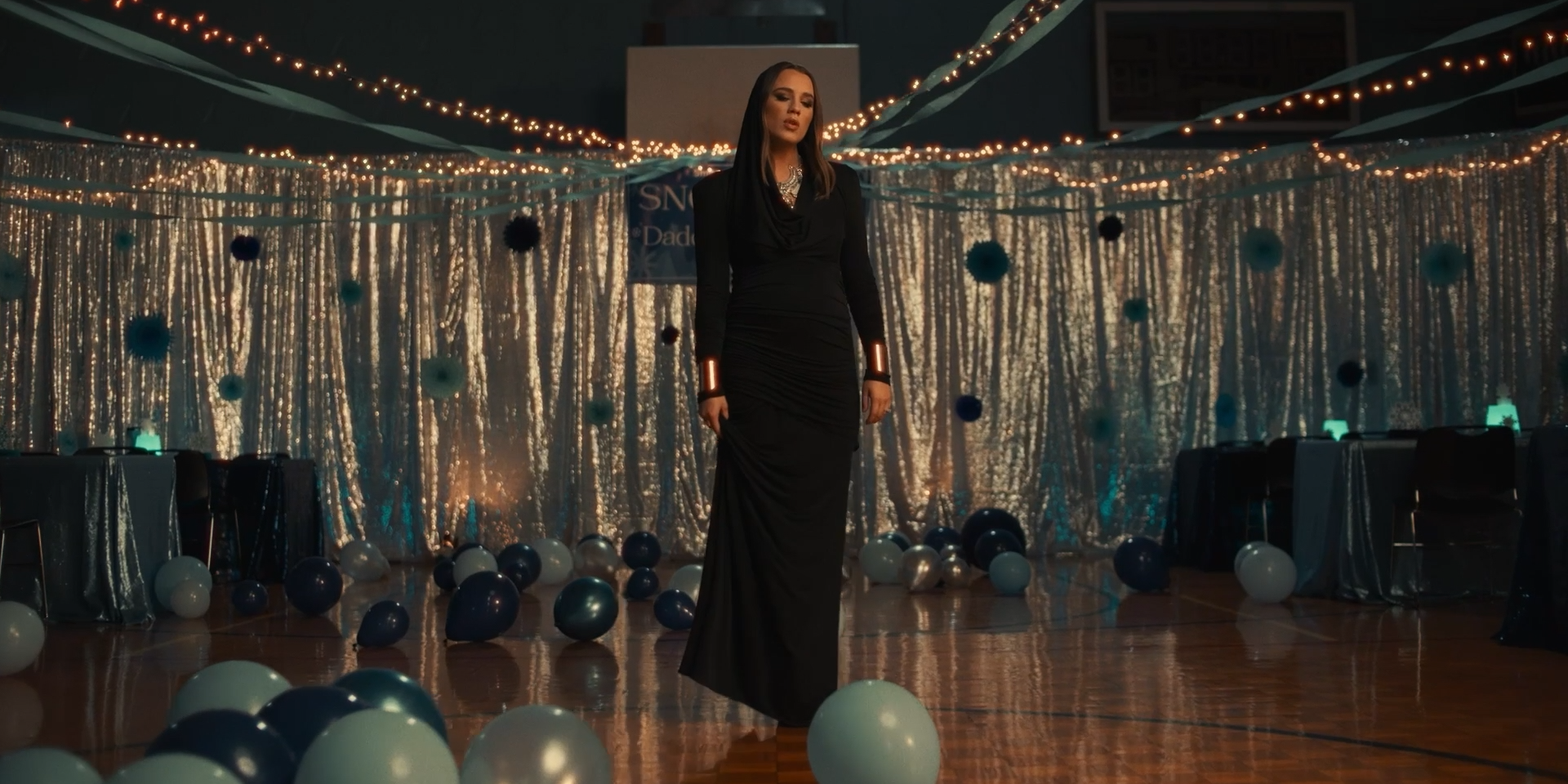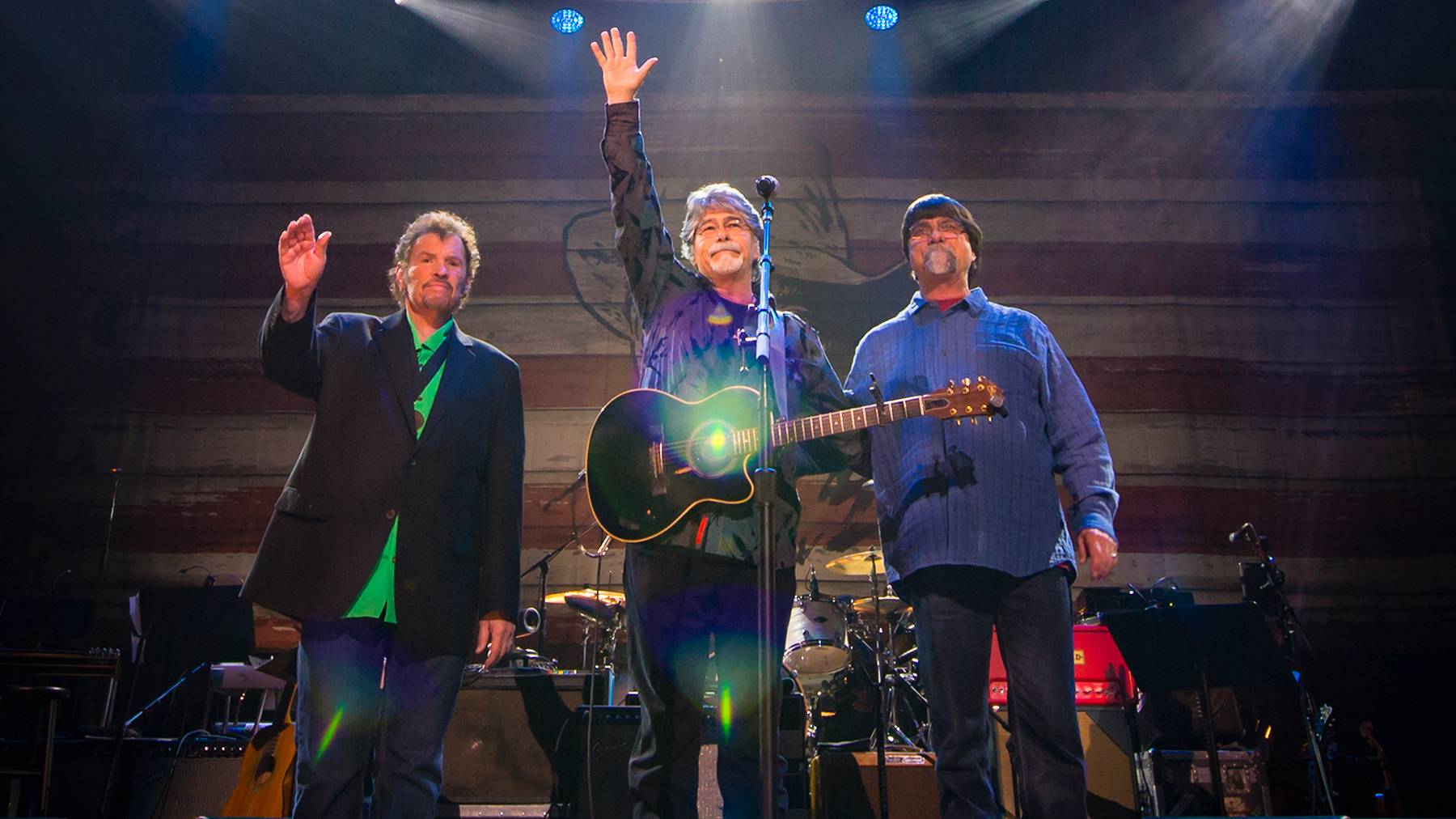Olivia Newton-John’s CMA Award Led to a Backlash from Legends

Country traditionalists have never been mellow about pop star Olivia Newton-John. In the 1970s, she wasn't the one that they'd want and they certainly weren't hopefully devoted. And while her incursion into country music that decade brought forth multiple industry awards, it also sparked one of the format’s most-publicized identity crises.
Yet many longtime country fans still honestly love Olivia Newton-John.
Born in Cambridge, England, on September 26, 1948, Newton-John and her family moved to Melbourne, Australia, where she grew up and began singing in her early teens. After some minor successes in England, she began looking westward for audiences.
Her first single to crack the American charts -- a cover of Bob Dylan’s “If Not for You” -- came in 1971, rising to No. 25 on the pop rankings and triumphing at No. 1 on the adult contemporary list. Its folk-tinted follow-up, “Banks of the Ohio,” went No. 1 in Australia but made little impact stateside.
Newton-John’s reedy, wispy voice, an ideal vehicle for wound-brandishing love songs, soon found an audience at country radio, and, in 1973, her single “Let Me Be There” spent 22 weeks on Billboard’s country chart and rose to No. 7. It also won a Grammy for best female country vocal performance, the first of four career Grammys.
Next came “If You Love Me Let Me Know” in 1974. Peaking at No. 2 and staying there for two weeks, it would be her biggest country hit. Later that year, her “I Honestly Love You” scored a respectable No. 6 and won Grammy Awards for Record of the Year and Best Pop Female Vocal.
More significantly her slim body of country work won her a nomination from the Country Music Association for female vocalist of the year in 1974. To the great consternation of country music traditionalists, she won, beating out Loretta Lynn, Anne Murray, Dolly Parton, and Tanya Tucker.
Although the distinction was voted upon by the industry, the backlash was swift and fierce. George Jones and Tammy Wynette led a group of dissidents, mostly Grand Ole Opry members, in forming a counter-group that called itself the Association of Country Entertainers (ACE). But it had no visible effect in turning the CMA from its main reason for being, that is, to widen the country music audience.
In 1975, the Newton-John affair was eclipsed by an even greater outrage when the CMA crowned John Denver its Entertainer of the Year (and Charlie Rich ignited the envelope at the podium after revealing the winner). Never politically effective or finely tuned in its goals, ACE closed its doors in 1981.
Relying primarily on her own circle of songwriters rather than Nashville-based ones, Newton-John continued to chart country and pop singles consecutively throughout the decade. Her Top 5 country hits include “Have You Never Been Mellow,” “Please Mr. Please,” “Let It Shine” (composed by future “Tennessee Whiskey” co-writer Linda Hargrove) and “Come on Over.” Her last single to chart country was “Dancin’ ‘Round and ‘Round” in 1979.
Though her time in country music concluded in the 1970s, Newton-John remains a visible presence worldwide, due to her charitable initiatives, her brave fight with breast cancer, and her iconic role as Sandy in Grease. “Hopelessly Devoted to You,” by the way, became a Top 20 country hit in 1978. By the ‘80s, her fame grew with pop smashes like "Magic" and “Physical.”
In the 2000s, Newton-John recorded duets with a wide array of artists, among them Keith Urban, Kenny Loggins, Jim Brickman, Grease co-star John Travolta, Barry Manilow, Marie Osmond, Dionne Warwick and Anne Murray. Her occasional returns to Nashville included a 2016 appearance at the Nashville Songwriters Hall of Fame induction, singing “Sand and Water” to honor her friend, inductee Beth Nielsen Chapman.
With one of the world's most recognizable names, Olivia Newton-John has sold 100 million albums in her remarkable career. She remains active on social media and advocates for animal rights, environmental education, and breast cancer care.
“I wouldn’t want to undo anything I’ve done,” Newton-John told CNBC in 2019. “Everything that may not have appeared to be good for me outside was a learning experience for me to be who I am now. So, I wouldn’t not want to have experienced the difficulties, because they’re part of your growth.”
Edward Morris contributed to this story.





